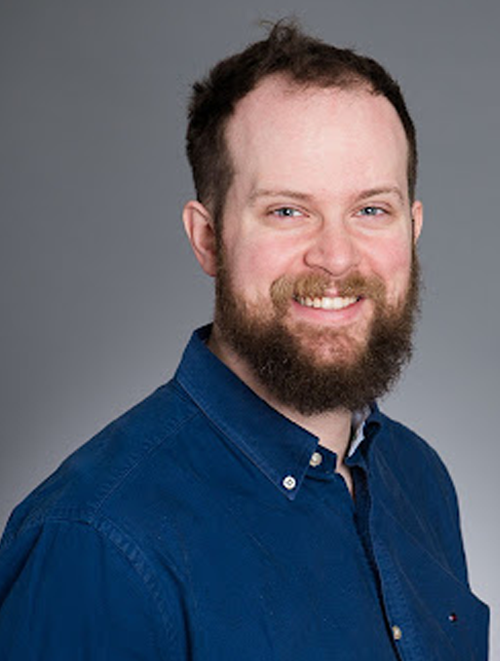
What was the path that led you to pursue your PhD at UW Department of Epidemiology?
After I completed a masters in biostatistics in St. Louis, I worked for a few years in the university’s neurology department. There, my supervisor and mentor, Dr. Susan Searles Nielsen, was a graduate of the epidemiology doctorate program here at University of Washington (UW). Her critical eye for science was inspiring and when she recommended I consider pursuing a doctoral degree, I had no reservations that the UW would help me achieve a high level of excellence. Although other programs were on the table for me, personal experience has taught me to follow the advice of exceptional mentors.
What are your research interests?
I would describe myself as an epidemiological methodologist. I love studying interesting methods, such as mediation analysis, causal inference, machine learning (such as random forests and penalized regressions), spatial epidemiology, complex surveys, and study/trial design. I enjoy learning about and exploring these methods, and as you do it over and over, you develop into a methodologist!
As for specific diseases, I have worked in neurology, including Parkinson disease and traumatic brain injury, and in cystic fibrosis. Both of these fields have fascinating and unique aspects in their research.
Tell us about some of your recent research:
My most recent research project analyzed five years worth of Medicare claims data for about 400,000 participants, to compare prediction approaches for identifying prodromal Parkinson disease. I am particularly proud because I am the first author on the article that was recently published in PLOS ONE.
The idea for this stemmed from the UW Biostatistics summer institute, which I attended as part of my process to decide which school to attend for my PhD. I was happy to immediately apply what I learned about big data and biostatistics to produce this paper. The paper compares the performance of random forests (considered a classic machine learning approach) and penalized regression (which is more grounded in statistical theory but good for big data). Both methods performed well; however there were distinct differences between the approaches.
What are your future career or research goals?
My ideal future career would be as an epidemiology professor in a faculty position. I taught high school mathematics early in my career, and I deeply enjoy teaching. To get there, I hope to pursue a K-grant, to grow in my skills as an academic research instructor. I would love to continue to work in fields which allow for the application of interesting methodologies, such as in cystic fibrosis, but am keeping myself open to opportunities.
What advice would you give to new Epi students?
When you enter your career (or even your research assistantship), you will become immersed in a specific disease or research topic. This includes the particular necessary and specialized methods (for example, the unique challenges and statistical models of nutritional epidemiology). Therefore, the focus of new Epi students should start with a deep mastery of the fundamentals of epidemiology (i.e. the first year sequence, survival analysis, and categorical analysis). This foundation then gives you the skills to rigorously critique any study for possible sources of bias and ways it could have increased sensitivity for its hypothesis. Additionally, you should work hard to master a scientific programming language because all your future work will involve programming. I recommend R because it is free and can follow you to any work environment, but Stata and SAS are also viable options.
If you become a strong scientific programmer and deeply master the fundamentals, then you will succeed in any field you find yourself in. After that, the next most important thing is to find a good dissertation chair and mentor. I recommend starting the search for one as soon as you arrive at UW.
What else are you working on?
Because I am in the process of completing my dissertation, I still work as a research assistant. Specifically, I work in the Seattle Children’s hospital’s Cystic Fibrosis Therapeutics Development Network Coordinating Center (CF TDNCC). I work in the biostatistics and data management team on two to three studies at a time. I spend the bulk of my time generating analytic data sets, producing reports, rendering figures, planning analyses, and editing and writing manuscripts. Occasionally, I also get to travel, such as going to the annual North American Cystic Fibrosis Conference.
What hobbies or extracurricular activities do you enjoy?
I enjoy gaming, both board games and video games, and recreational sports. I play dungeons and dragons online with some fellow public health students. I am also part of a board game club and pre-pandemic frequented MOX board game bar in Ballard. In addition, I usually enjoy participating in the recreational kickball leagues that go on in the spring and summer.
Anything else you’d like to share?
If a young Epidemiology PhD student is reading this, then I want to offer you comfort: the process is exhausting and can feel overwhelming but you will make it through. Try to find the joy in the process (epidemiology is awesome), and the results will follow.